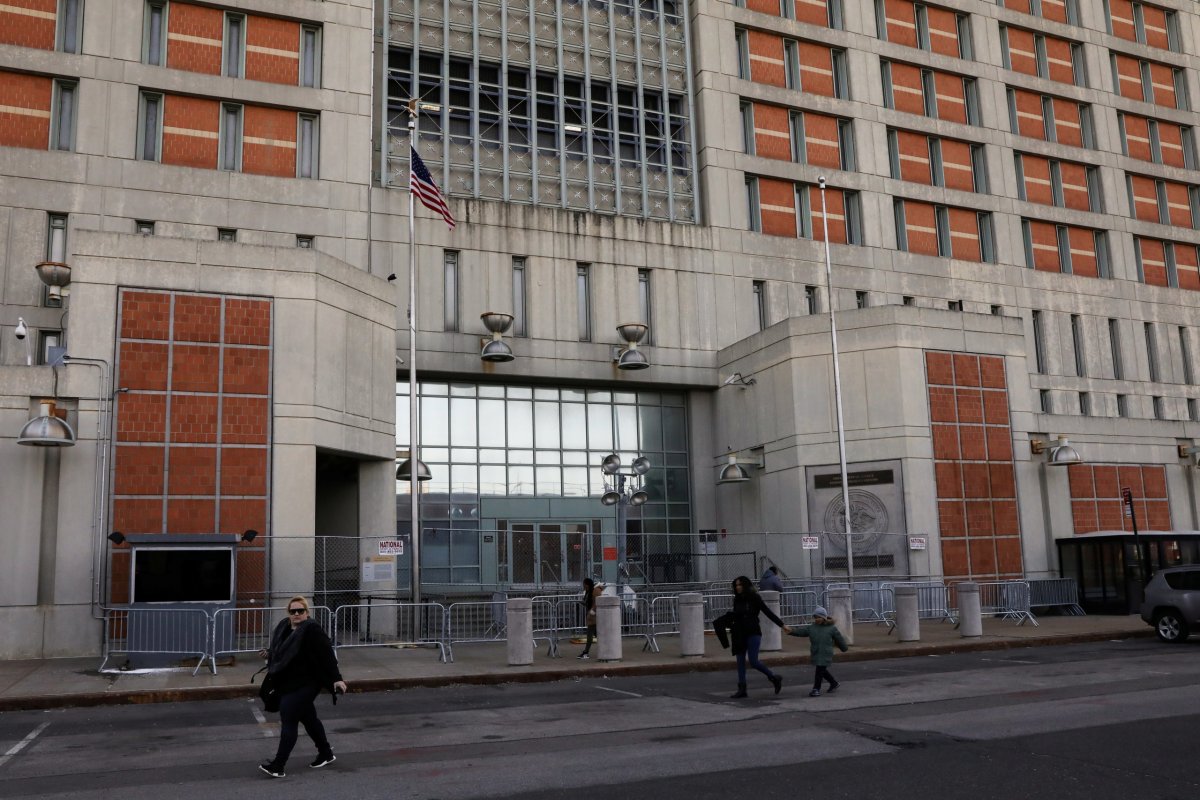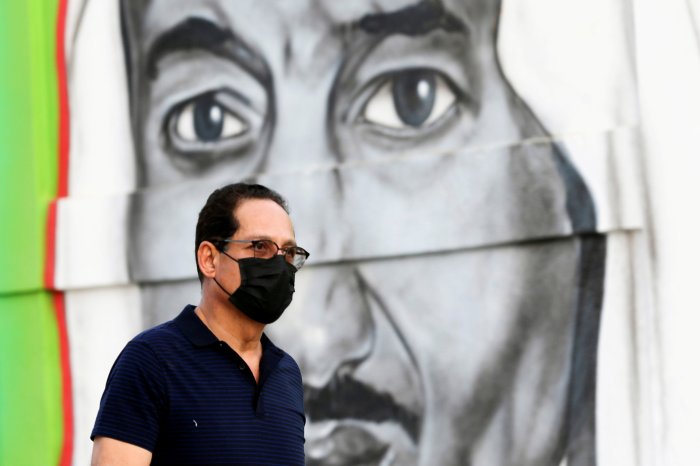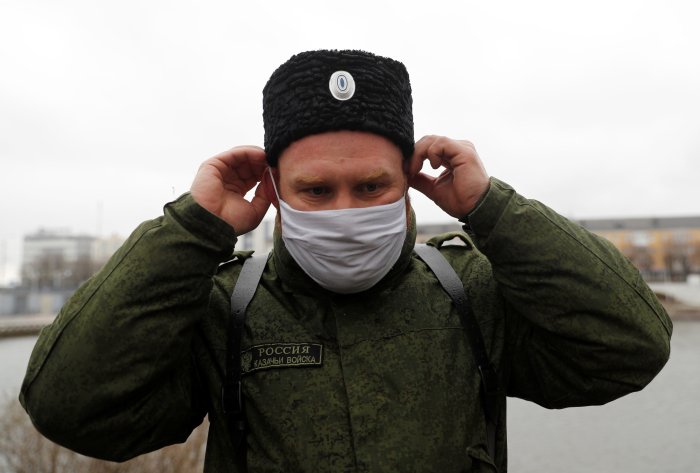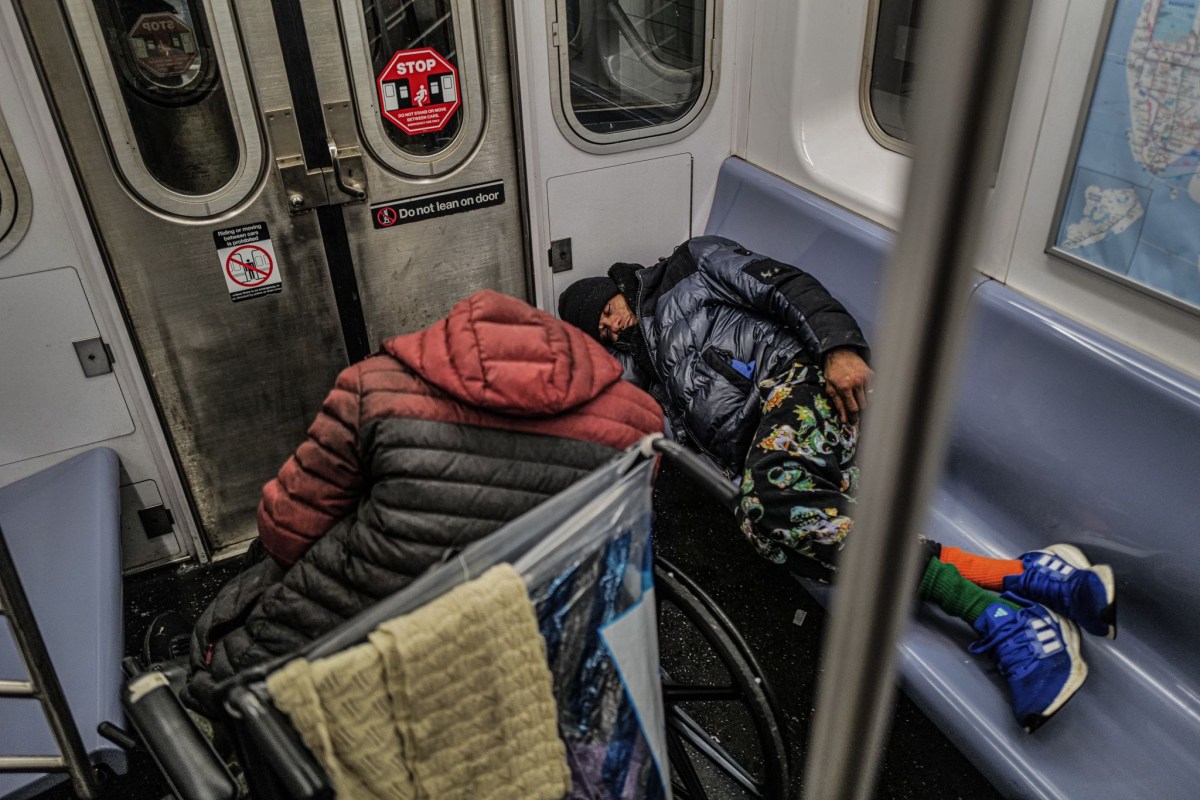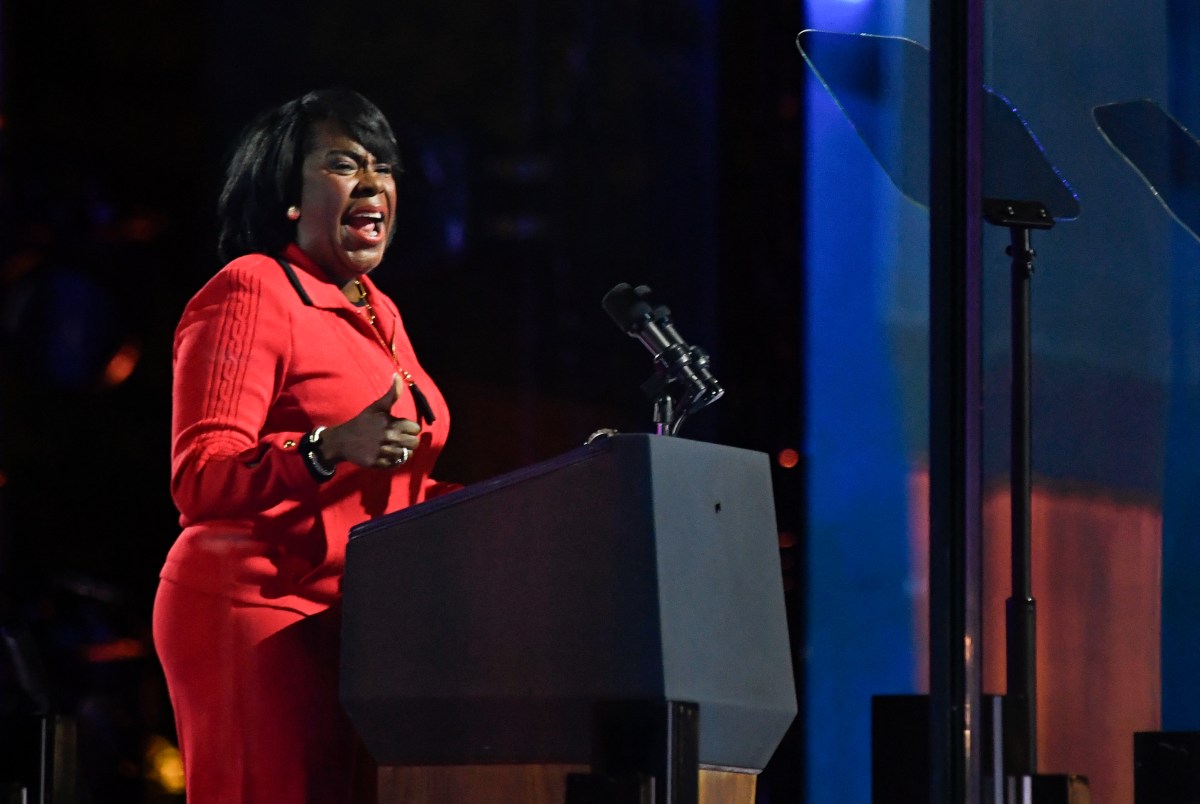NEW YORK (Reuters) – Lawyers representing inmates in New York federal jails said on Friday they had been largely cut off from their clients since in-person visits were halted last month due to the coronavirus pandemic.
“The majority of requests for a telephone consultation result in no response at all,” the Federal Defenders of New York wrote in a letter filed in Brooklyn federal court.
The group also said jail officials had not followed through on promises last month to set up regular videoconferences.
In a public statement Friday, David Patton, head of the Federal Defenders, said prosecutors should stop bringing new criminal cases “if defendants are denied the basic legal right to meaningfully consult with their counsel.”
The Federal Bureau of Prisons did not immediately respond to a request for comment.
The Metropolitan Detention Center in Brooklyn and the Metropolitan Correctional Center in Manhattan halted in-person lawyer visits on March 13 because of the pandemic.
Since then, the Federal Defenders said, jail officials had ignored dozens of requests from lawyers “pleading on multiple occasions to get on the phone with their clients,” some of whom have serious health issues.
In the last eight days of March, they said, only 18 of 59 requested calls were scheduled. Some calls that did occur had to be scheduled at times when a needed interpreter could not be arranged, the Federal Defenders said.
“There is no avoiding a simple truth: the right to counsel is a dead letter for a majority of the pretrial detainees at MDC and MCC,” the letter said. “Even amid the COVID-19 (coronavirus) pandemic, that is intolerable.”
The group asked U.S. District Judge Margo Brodie to order the Metropolitan Detention Center to schedule requested calls within 48 hours and schedule at least three videoconferences each weekday.
They said the Metropolitan Correctional Center would not be bound by the Brooklyn judge’s order, but could abide by it voluntarily. If it did not, the Federal Defenders said they would bring a separate legal action in Manhattan federal court.
On Friday morning, however, Brodie declined to issue the requested order, according to court records. She instead ordered the Bureau of Prisons to fill all available videoconference time slots next week, and to inform the court by Monday how many telephone calls it could accommodate each day.
Brodie scheduled a hearing, to be conducted by telephone conference because of the virus, on April 10.
(Reporting By Brendan Pierson in New York; Editing by Noeleen Walder and Tom Brown)

